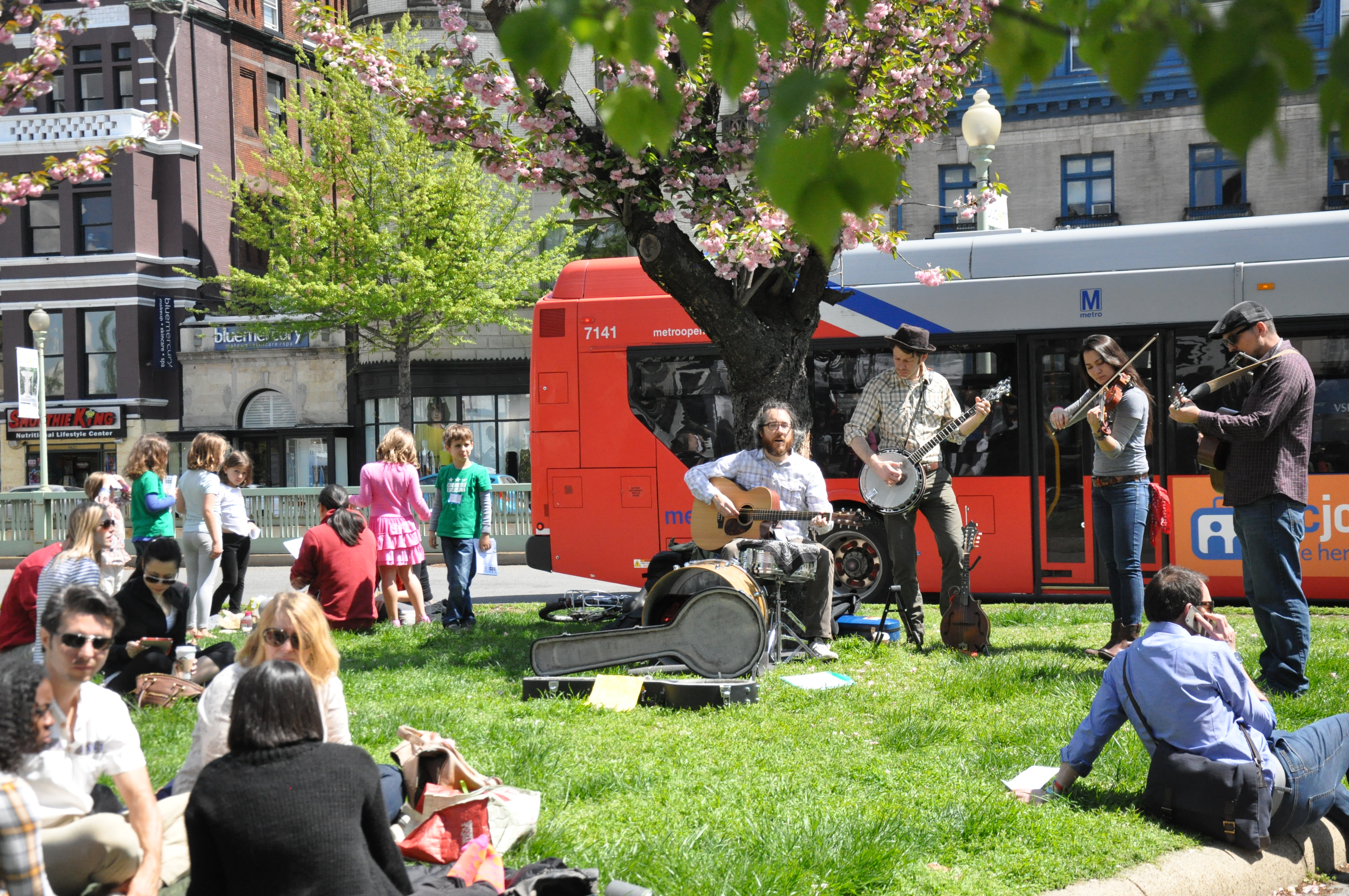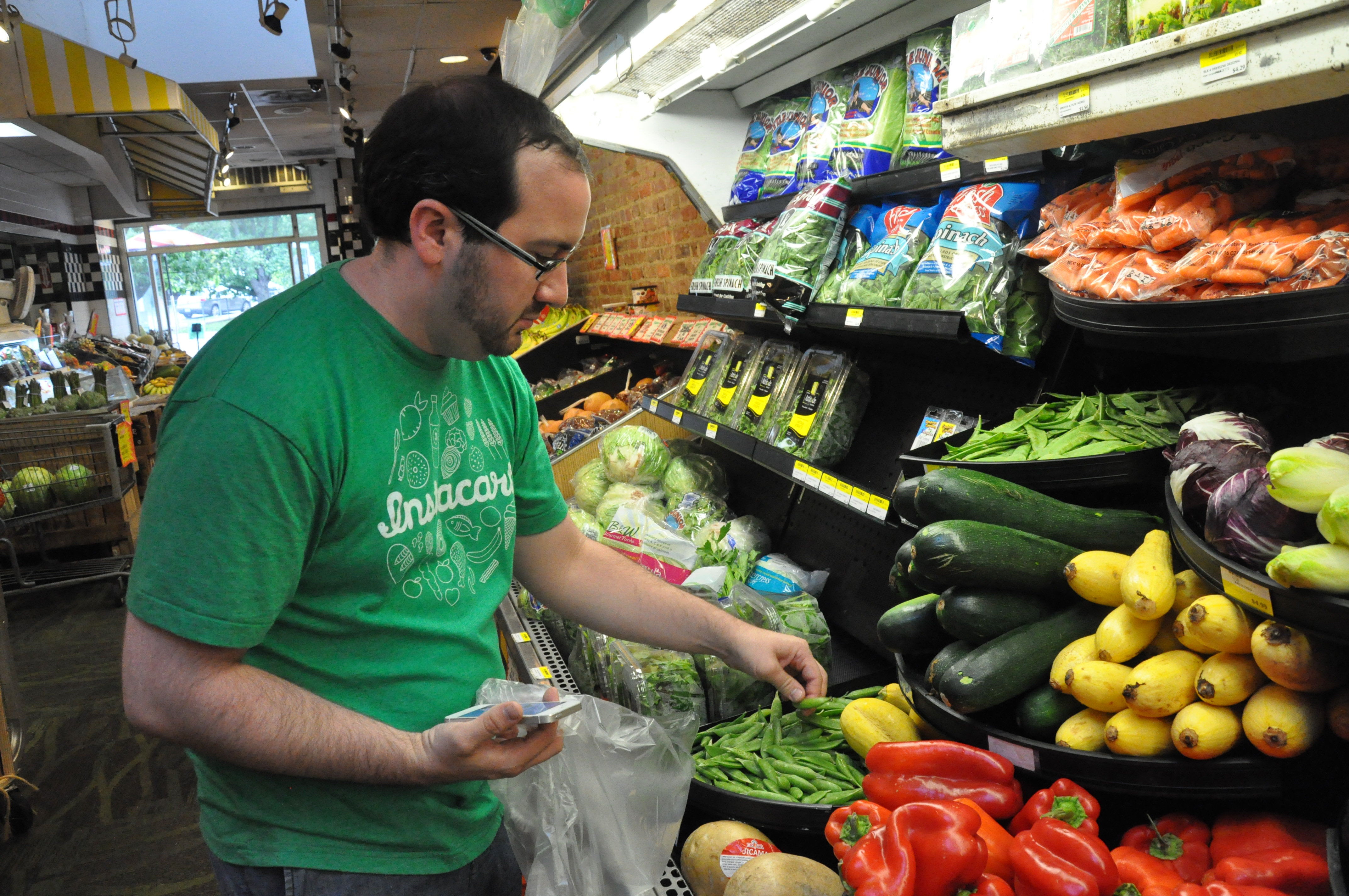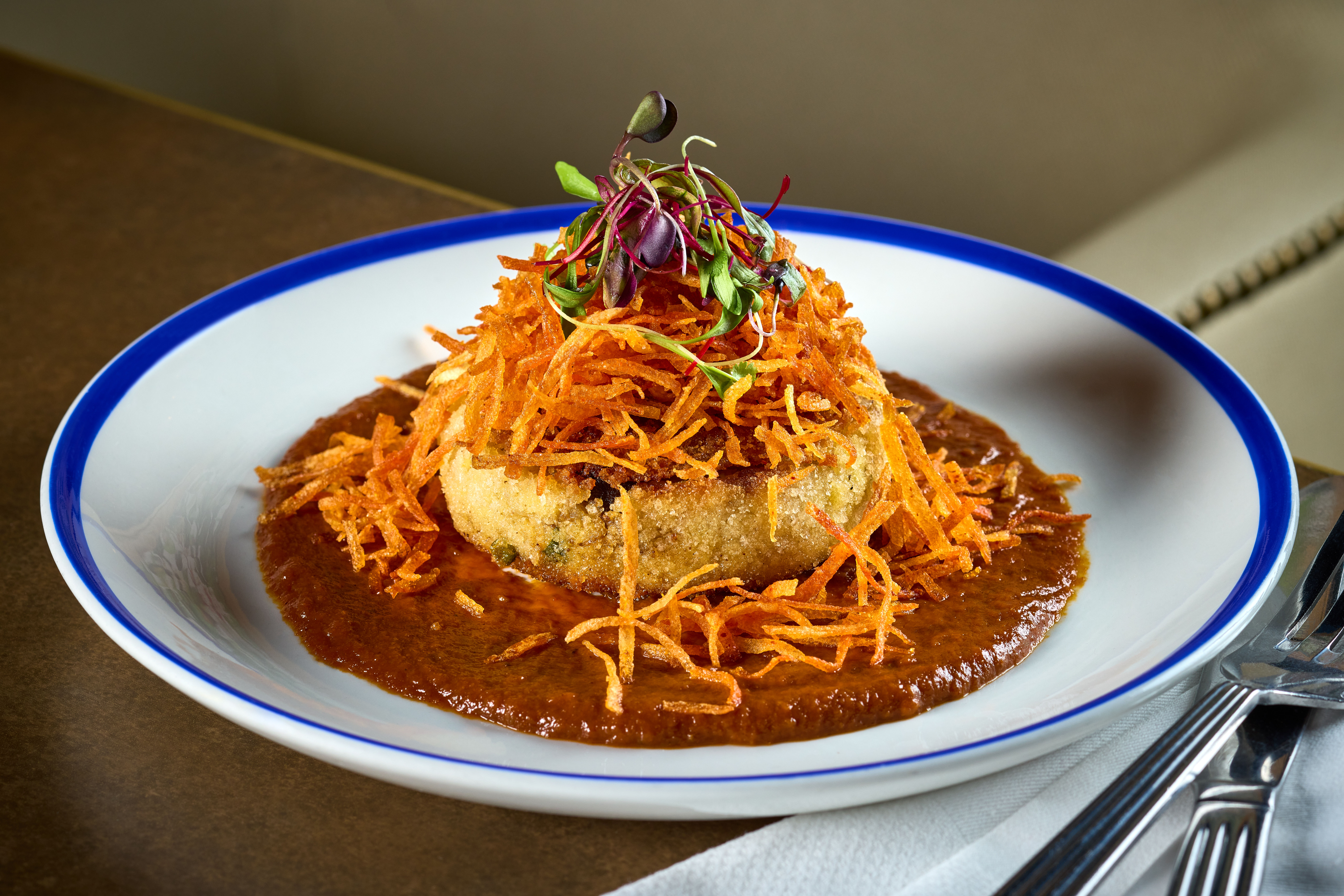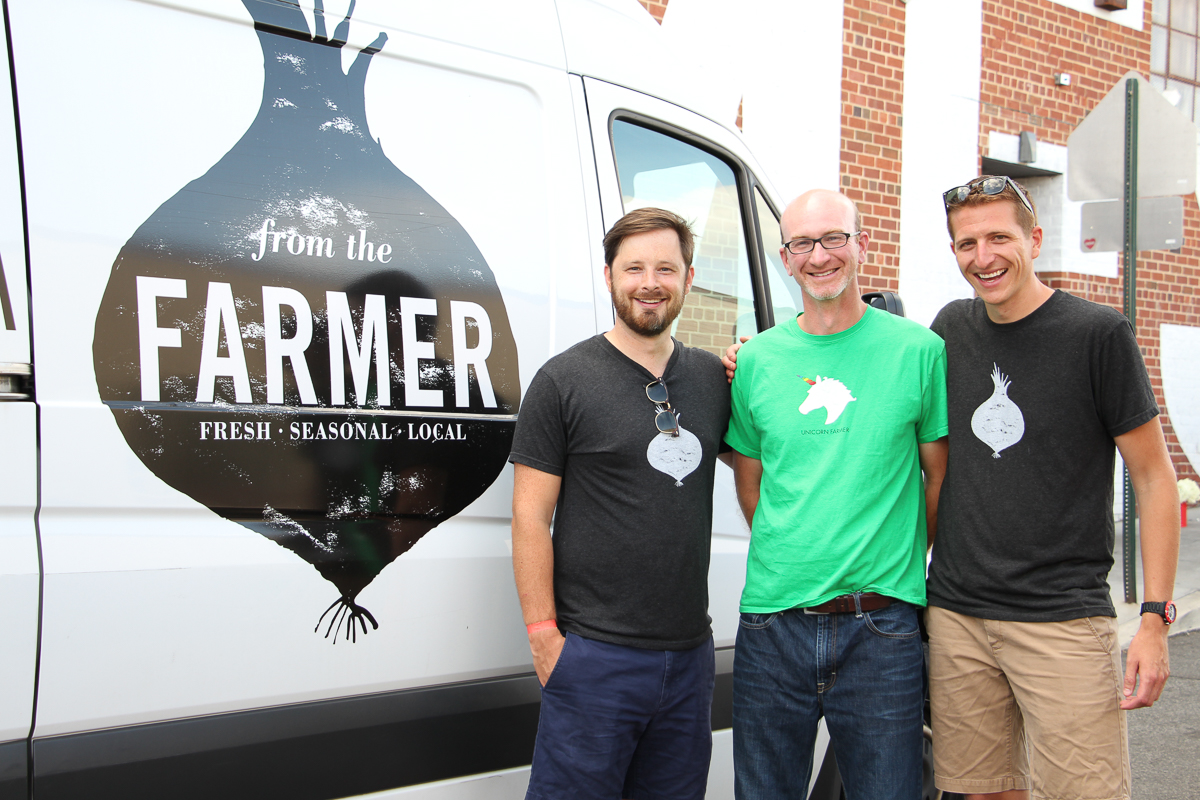
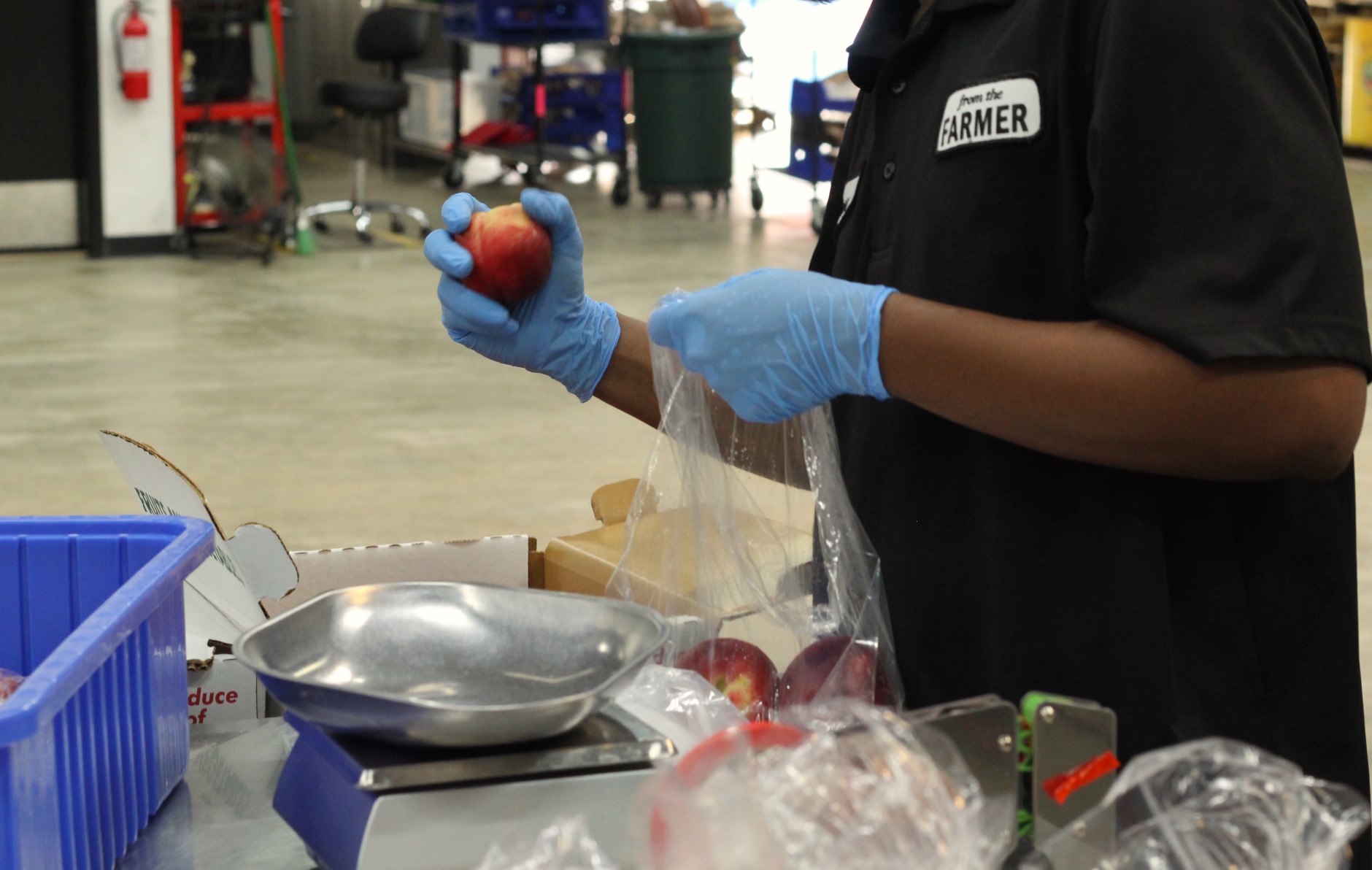
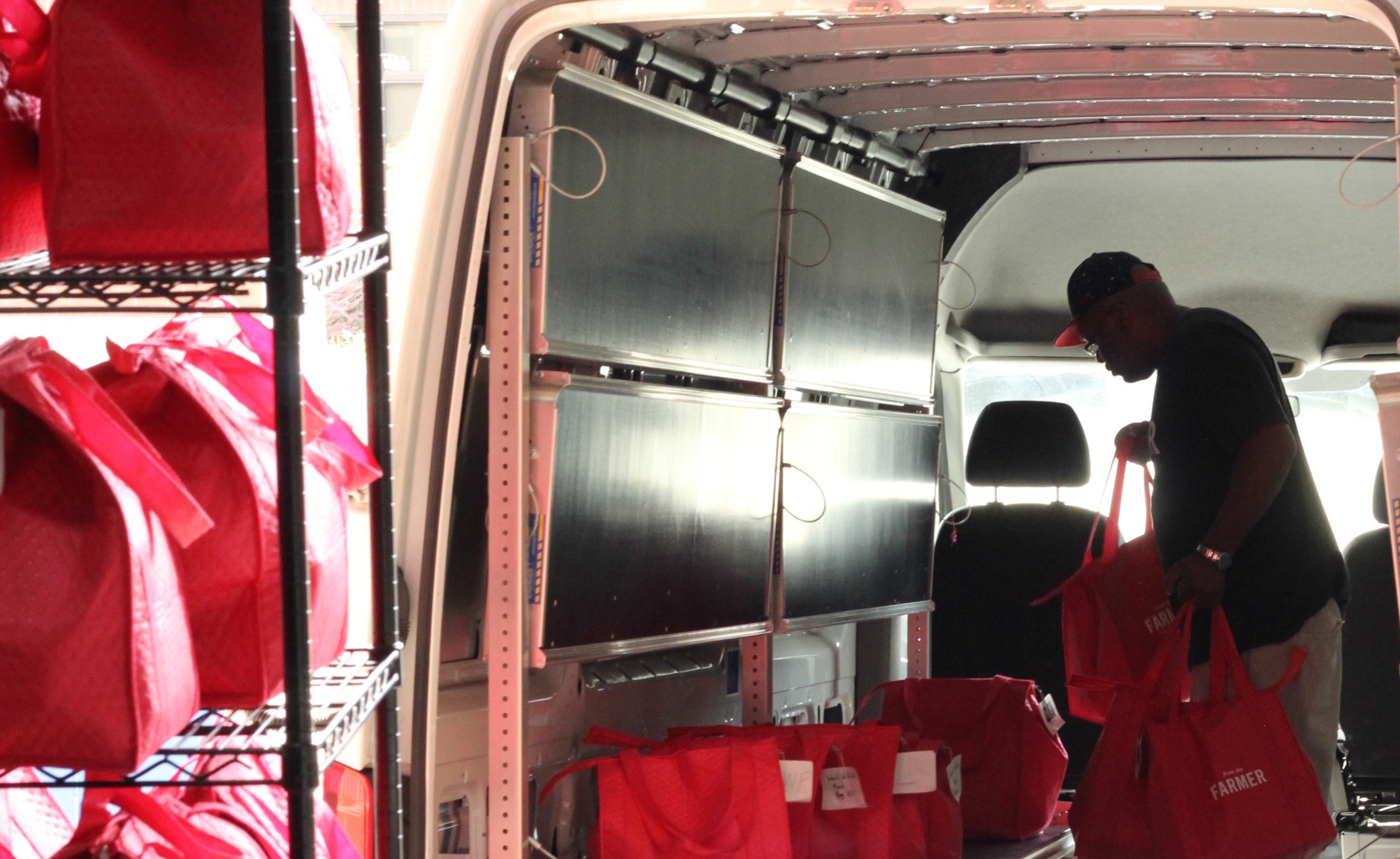
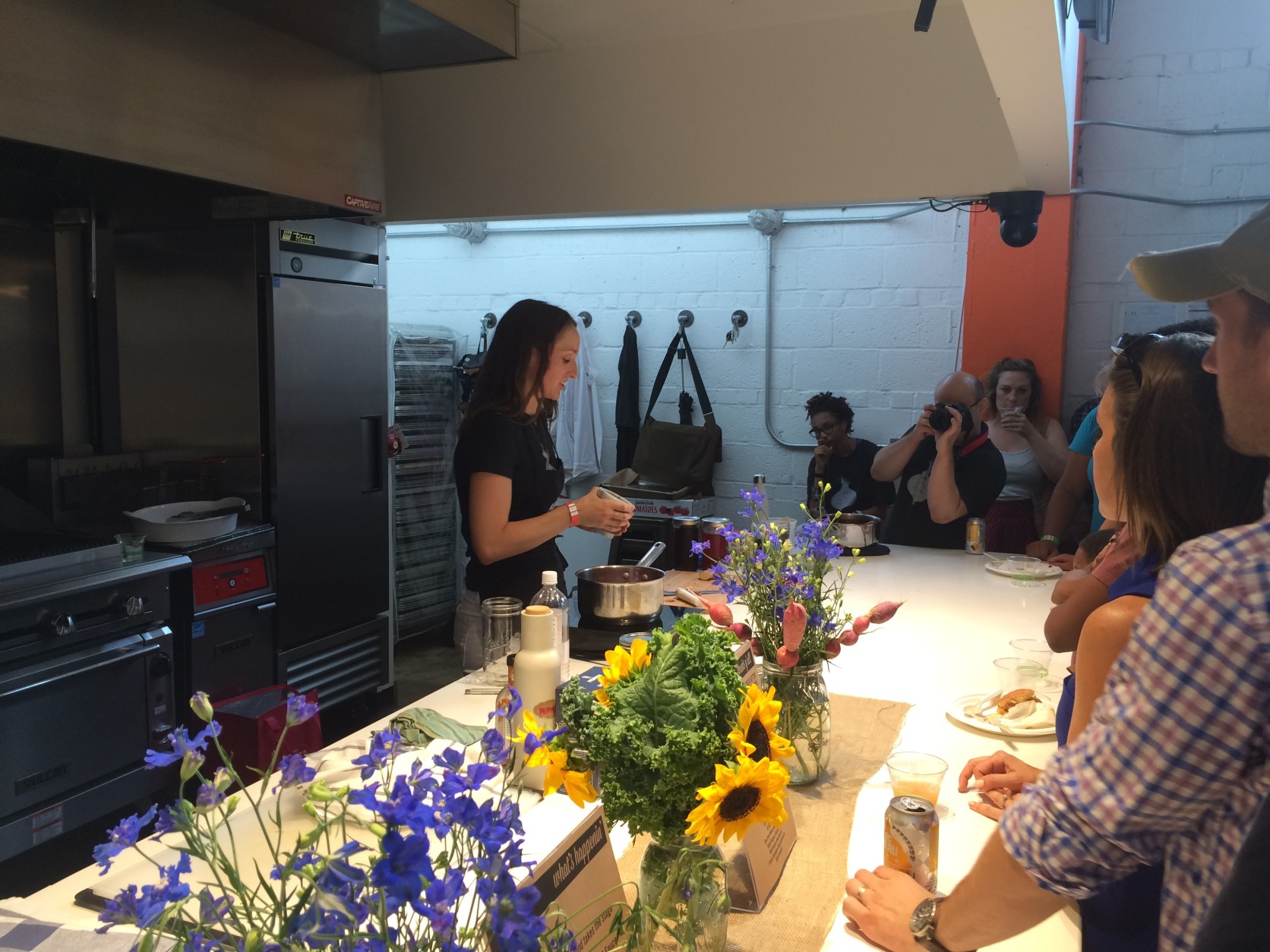
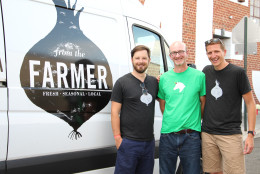
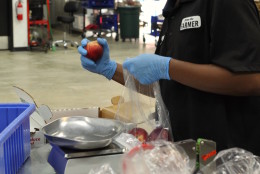
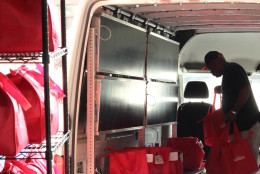
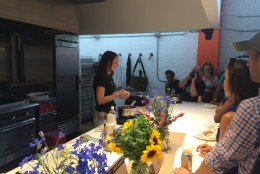
WASHINGTON — The weekend routine for many Washingtonians involves waking up early and lining up at produce stands to stock up on juicy tomatoes, sweet corn and ripe peaches.
But what if you could taste the best produce area farmers have to offer, without ever leaving your house?
That’s the idea behind From the Farmer — a hybrid CSA/ on-demand farmers market that delivers local produce, sustainable meats and small-batch provisions directly to the door of its customers.
Five years ago, Jason Lundberg and Nick Phelps, both 30, noticed a change in the way people were buying their food. More conscious consumers started supplementing grocery trips with CSA subscriptions and visits to the farmers market — an industry that’s quadrupled in the U.S. since the mid-90s.
At the same time, the on-demand marketplace was just starting to take off, with companies such as Peapod and Relay Foods delivering bags of food to people who placed orders from their iPads.
Lundberg and Phelps saw an opportunity to combine both trends into one model: a business that sources food directly from those who grow it and delivers a curated selection of the season’s best, direct to the consumer.
Part of the motivation for starting From the Farmer stemmed from Lundberg and Phelps’ frustration with traditional CSA models, which often require subscribers to pick up weekly harvests from a designated location and lack flexibility or customization with its contents.
“For the true die-hards, it always made a lot of sense, and we’re still big fans of people who want to support single farms like that, but our model kind of took that and then tried to throw in some of the things that I think our generation, and people who want a more convenient service, could really enjoy,” Phelps said.
Home delivery is one. From the Farmer delivers overnight, so when customers wake up, their order is waiting for them. Live in an apartment building? No problem. The Maryland-based company will go so far as to purchase a building’s key card to ensure orders make it to their rightful owners.
“An investment in a $50 FOB, to us, seems very small because we’re hoping that there’s a long-term relationship,” Phelps said.
Unlike many CSAs, From the Farmer also allows its users to customize their subscription boxes online, should they grow tired of the season’s abundance.
“Because at some point, everybody gets a little bit sick of kale, or of all the root vegetables in the winter,” said Lundberg, who adds that all of the produce — from peppers to potatoes — is sourced from farmers up and down the mid-Atlantic region.
From the Farmer is also open 52 weeks of the year, whereas many farmers markets and CSAs close up during the cold-weather months.
In more recent years, Lundberg and Phelps have expanded their business beyond the subscription-based farm boxes and add-ons (fresh eggs, coffee and artisan breads) to include a marketplace that operates more like a small online grocery store, selling everything from extra green beans, to jams, nut butters and gourmet pastas. There’s even a butcher shop that offers ground beef, brisket and bacon.
“We’re buying the very best blueberries from Moody Blues in Baltimore, and we’re buying the very best mini heirloom eggplants from Matt Harsh at 78 Acres. We’re going and we’re finding those things and we’re putting it into a small store and then giving the customer the ability to then pick and choose exactly what they want for that week,” Lundberg said.
Just as From the Farmer’s model has grown, so has its reach. The company currently serves about 5,000 customers in the D.C. area out of its 10,000 square-foot warehouse space in Beltsville. Lundberg says the 40-plus employee operation has delivered the equivalent of 700 tractor trailers of food — not too shabby for a business that started out of Phelps’ mom’s garage.
“I think consumers, more than ever, want great food. And they’re wanting a little bit more of it in a faster pace than they probably have had,” Phelps said.
Lundberg and Phelps have considered expanding beyond Washington, but for now are focused on continued growth in D.C., one box of vegetables at a time.
“We’d love to see everybody eating at least one thing a day that they know the name of the person who grew it, made it or gave it to them. So we’ve got a long way to go as a community, a culture to get there, and we think we’re just one step headed in that direction,” Lundberg said.
“We used to always say, ‘People know their baristas but they don’t know their farmers.’ It’d be pretty cool if you could change that around,” Phelps added.

